Smartphones make life easier. They store passwords, track your steps, manage your money, and even remember where you parked. But this convenience comes at a cost. If your phone gets stolen or hacked, everything you store becomes vulnerable. Many people do not realize that some of the things they save on their devices are exactly what cybercriminals are hoping to find. Here are 12 things you should never keep on your phone and why removing them is a smart move.
Passwords or Login Credentials
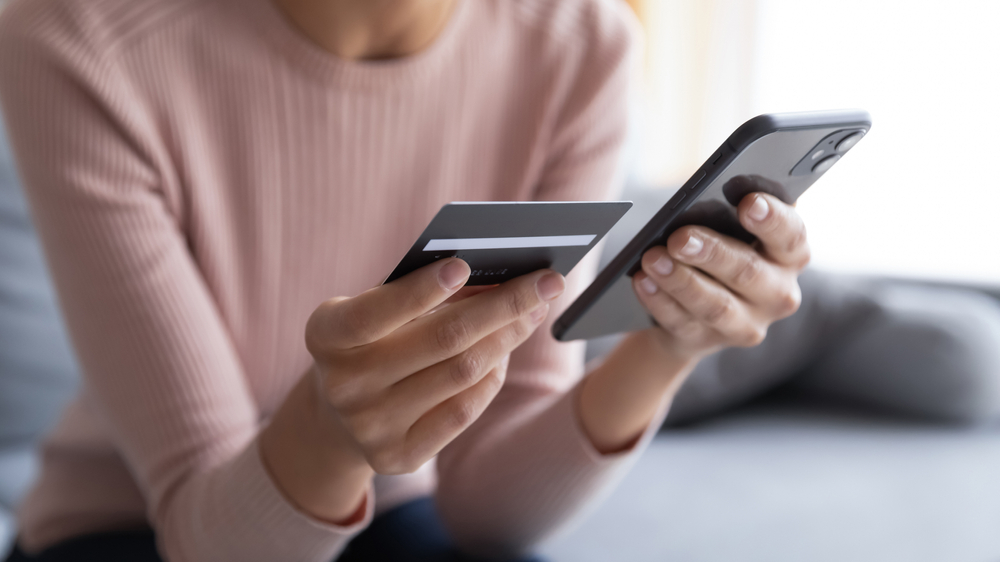
Keeping your passwords in a note app or a text document might feel like a shortcut, but it is an open invitation for hackers. Once someone gains access to your phone, they can browse your saved passwords and break into your bank, email, or social media accounts. Even apps that look secure can be targeted. Use a dedicated password manager instead. These tools encrypt your data and require a master password, giving you more protection than a plain text note.
Sensitive Photos of IDs or Documents

It might seem convenient to snap a picture of your driver’s license, passport, or tax documents for quick access. However, these images can be used to steal your identity. If a hacker finds your ID, they can open accounts in your name or impersonate you online. If you must keep a copy, store it in an encrypted, password-protected vault or app. Never leave it sitting in your photo gallery where it is easily accessible.
Credit Card or Banking Information
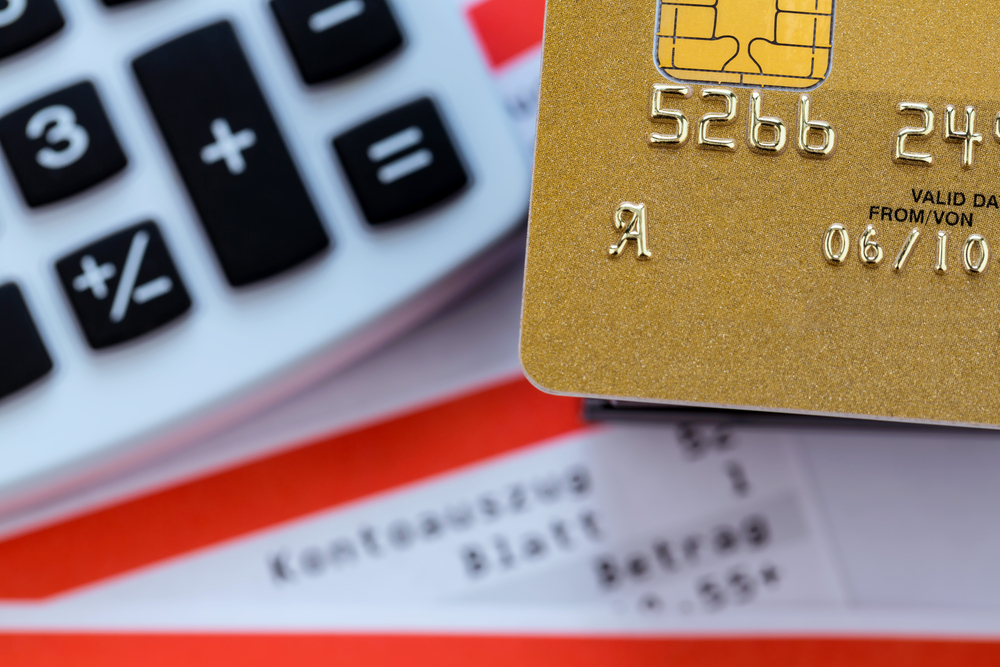
Screenshots or notes of your debit card, credit card, or bank routing numbers are dangerous to store on your device. Cybercriminals know to look for these details. Once they have them, they can drain your accounts or make unauthorized purchases. Use secure banking apps with multi-factor authentication and avoid saving account numbers or card images on your phone altogether.
Unused or Unsecured Apps
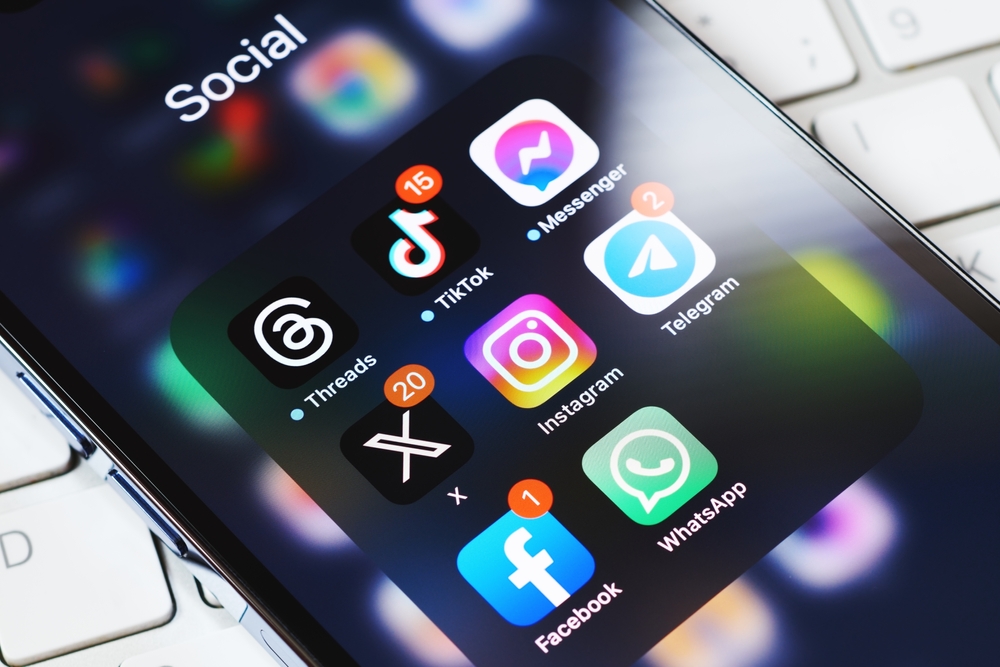
Many people download apps and forget about them. But some apps collect data even when not in use. Others may become outdated and vulnerable to security holes. Old apps can be a backdoor for hackers. Regularly delete any app you do not use. Keep the ones you do updated, and check the permissions they request. If an app is asking for access to your camera or contacts for no good reason, it might be a privacy risk.
Auto-Saved Passwords in Your Browser
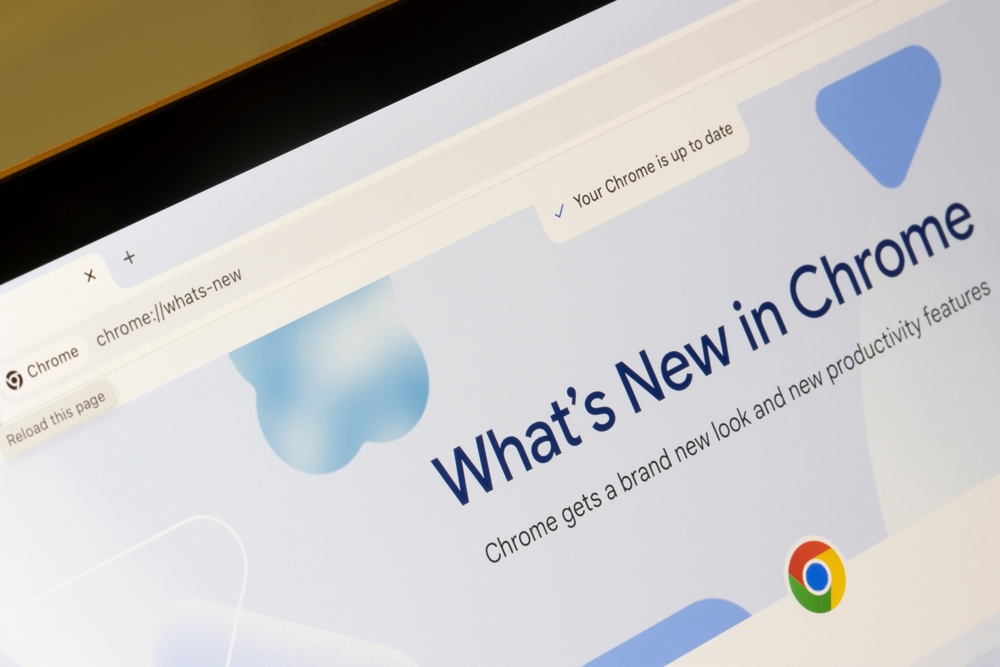
While your phone’s browser may offer to remember your logins, it is not the safest option. If someone breaks into your device, they can use your browser to access saved passwords and login automatically. Disable auto-save features in your browser settings. A password manager is a much better alternative and is harder for intruders to crack.
Personal Health Information

From medication records to medical diagnoses, health data is highly sensitive. Apps that track your health may seem secure, but many do not have the same protections as banking apps. This information can be used for scams or blackmail. If you need to store medical data, look for apps that use end-to-end encryption and avoid keeping detailed records in plain-text notes or calendars.
Confidential Work Files

If you use your phone for work, avoid keeping confidential company files on your device. These could include contracts, client data, or trade secrets. If your phone is lost, stolen, or compromised, that data could leak. Use your company’s secure storage tools or cloud services with strong authentication. Always log out of your work apps when not in use, and avoid syncing sensitive files directly to your phone unless absolutely necessary.
Your Home Address

Having your home address saved in your contacts or notes can put you at risk. If your phone falls into the wrong hands, someone could know exactly where you live. This is especially dangerous if it is tied to other personal information like your name, date of birth, or family details. If you need to keep your address handy, store it in a locked app or remove it after the task is complete.
Read More: Why You Should Erase 23andMe Data Right Now
Copies of Your Signature

People often take photos or scans of signed documents and keep them for convenience. But your signature is as valuable as your ID or bank number. It can be copied and used for fraud or fake contracts. Avoid storing these on your phone. If you must save signed documents, use an encrypted document storage app and delete the file when you are done with it.
Bluetooth Always Turned On
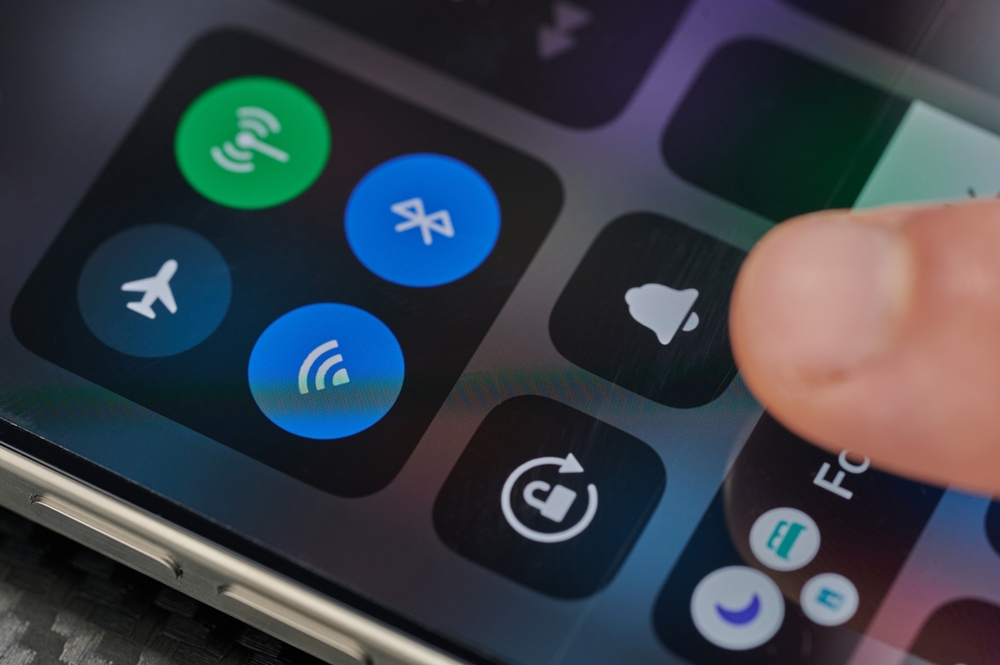
While not a file or note, leaving your Bluetooth constantly on is a security risk. It makes your phone discoverable and can be exploited by hackers using short-range attacks. Bluetooth is often used to send malicious files or trick your phone into connecting with rogue devices. Turn off Bluetooth when you are not using it. This simple habit closes a common door to attackers.
Location History and Frequent Locations
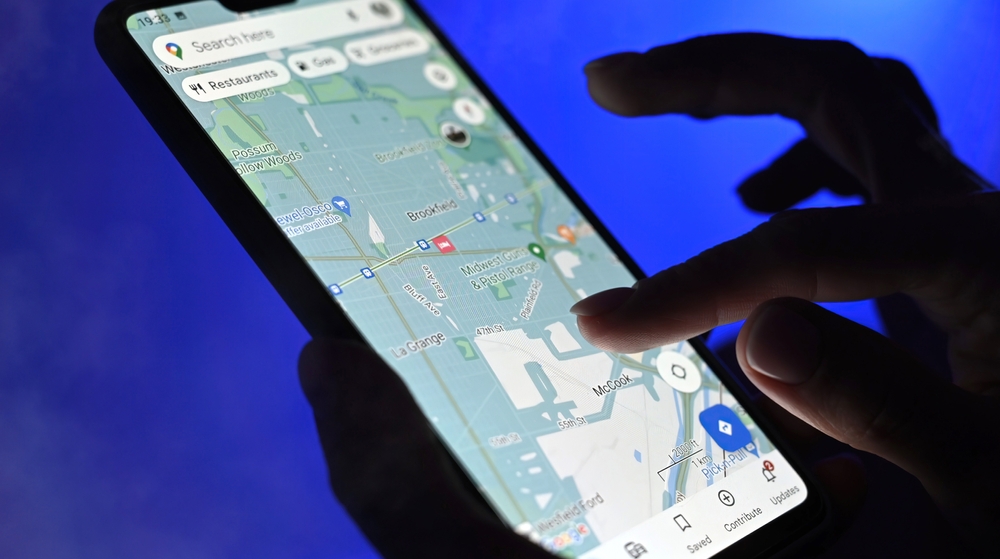
Many phones track your location automatically. Apps like maps, ride-sharing, and weather rely on it. But storing location history can put your safety and privacy at risk. Hackers who gain access can see your routines and know where you live, work, or go to school. Disable location tracking unless you need it. Regularly delete location history in your phone’s settings to protect yourself.
Photos with Metadata
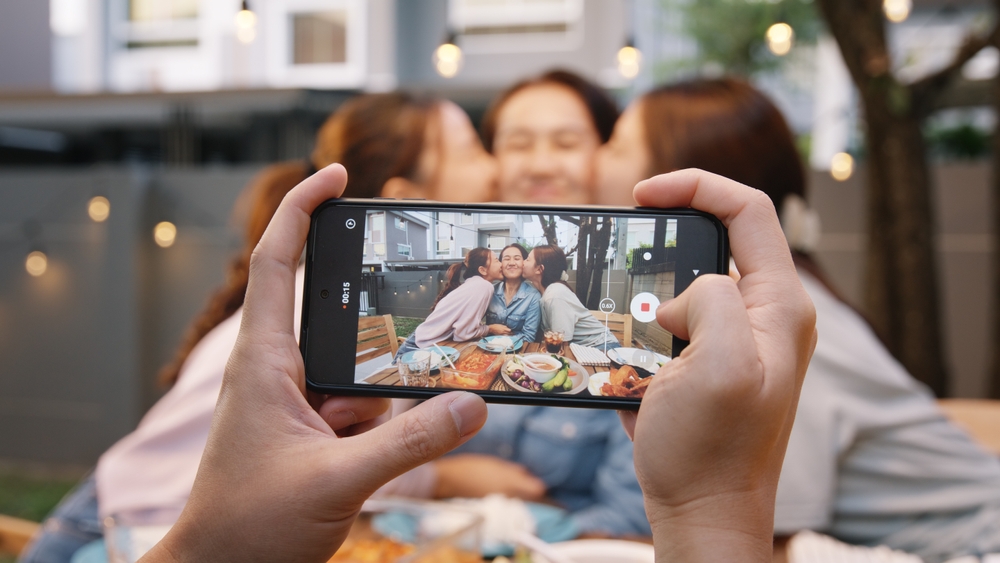
Photos taken with smartphones contain hidden data like location, time, and device details. When you share or store these photos, that metadata often stays intact. Hackers and online scammers can extract this information to learn where you live or travel. You can disable location tags in your camera settings. For older photos, use a photo editing app to strip metadata before storing or sharing.
Conclusion: Clean Your Phone Before Hackers Do
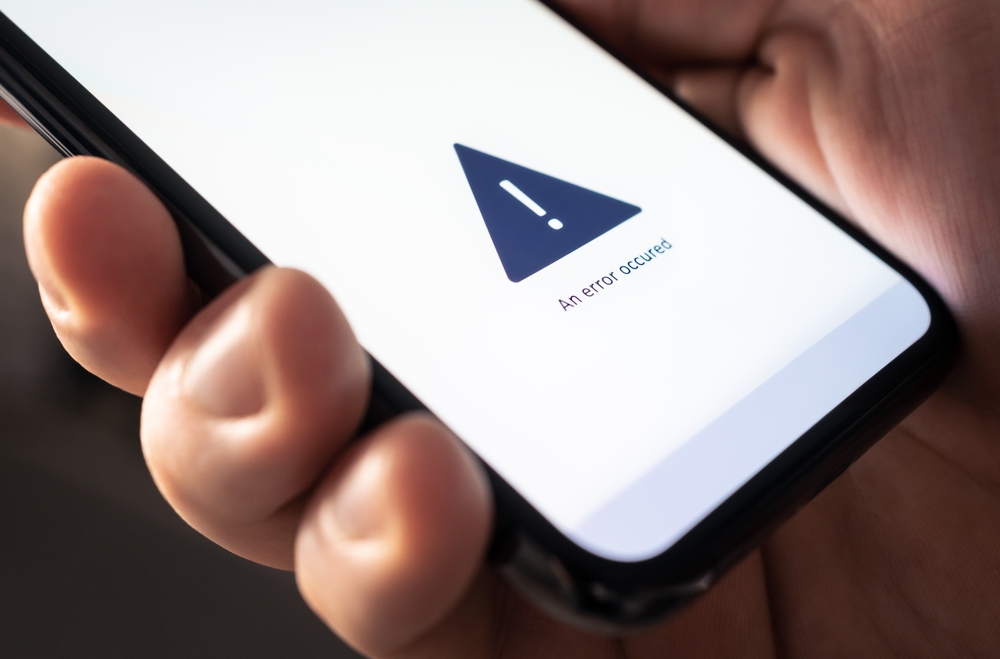
Phones are tools of convenience, but they can also become treasure chests for cybercriminals. Many people do not think twice about what they store on their phones until it is too late. Cleaning up your digital habits protects you from identity theft, financial loss, and serious privacy breaches. Start by deleting anything on this list that you find on your phone. Switch to more secure storage options like password managers, encrypted vaults, or external drives. Be mindful of app permissions, and stay on top of updates. Hackers are counting on you to leave these digital doors open. Lock them now before they get the chance.
Read More: How Often Should You Reboot Your Router?
Disclaimers: This article was created with AI assistance and edited by a human for accuracy and clarity.

